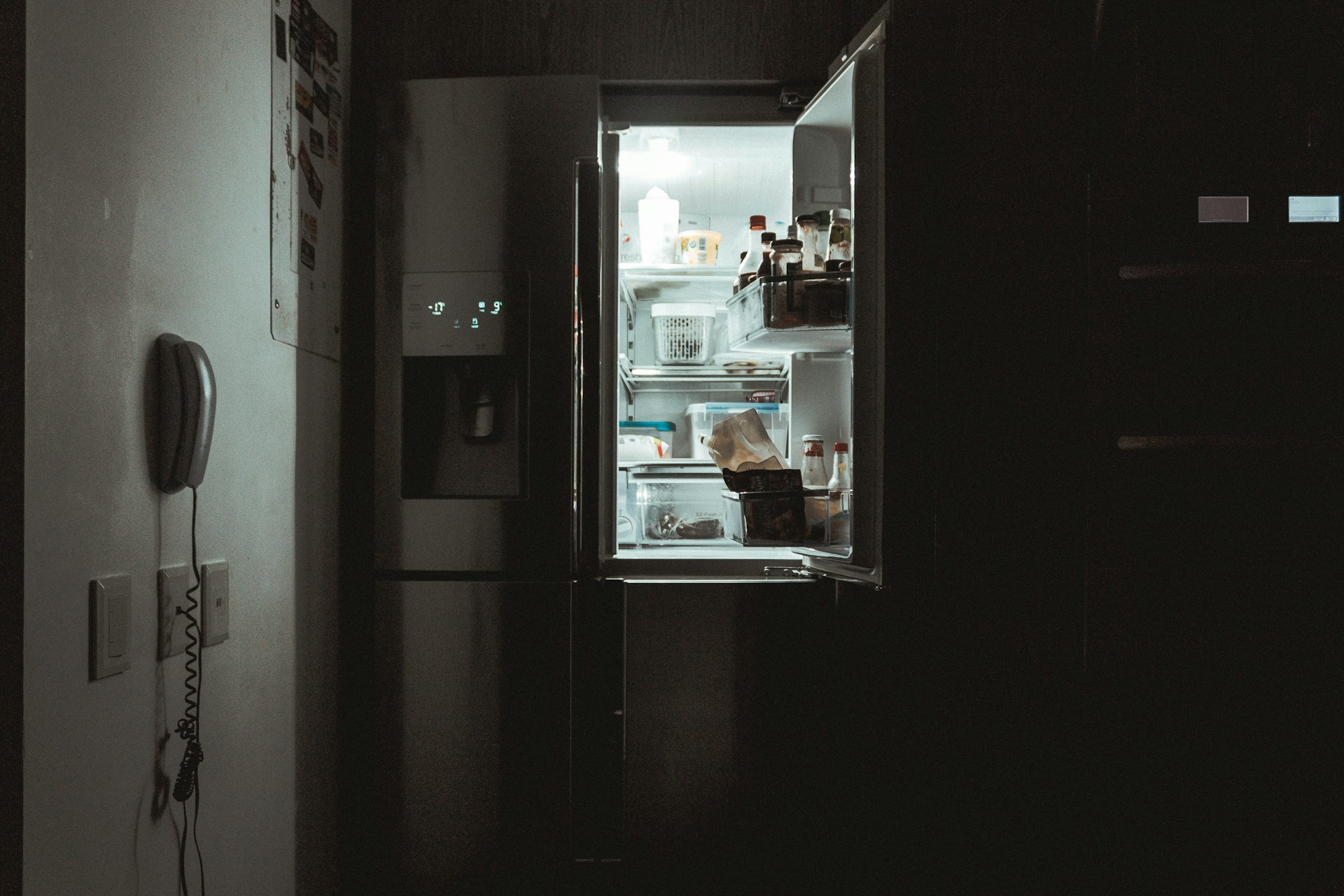Night Eating Syndrome – Why do you overeat at night and how to stop
Do you feel hungry at night, so you eat everything you can get your hands on? Eating at night can become a way of coping with emotional problems or stressful situations and quite often leads to weight gain.
Surely everyone has woken up in the middle of the night for something to eat at least once in their life.
The nighttime “walk” to the refrigerator can be caused by boredom, but also by stress, as well as by the feeling that you won’t be able to fall asleep if you don’t eat something.
But if night eating becomes a habit, you may have night eating syndrome.
What is night eating syndrome?
Night eating syndrome is an eating disorder that often goes hand in hand with insomnia, disrupting sleep and causing late-night food cravings.
People suffering from this syndrome often face the need to get up in the middle of the night to satisfy their hunger, and this habit is very difficult to prevent or control.
Night eating syndrome can negatively affect quality of life, causing difficulty in maintaining a healthy body weight and increasing the risk of serious health problems, such as diabetes and high blood pressure.
One in 100 people suffer from night eating syndrome, and it is also common in people who suffer from depression and anxiety, people who frequently overconsume alcohol and other opiates, as well as those with other eating disorders such as bulimia, anorexia, or overeating.

Symptoms of night eating syndrome
Although they vary from person to person, these are the most common symptoms of night eating syndrome:
- Nocturnal overeating: people suffering from this syndrome eat large amounts of food at night.
- Insomnia: Night-eating syndrome may include difficulty falling asleep due to the need for food, waking during the night, or restless sleep.
- Decreased appetite in the morning or during the day.
- Feelings of discomfort or guilt: After eating late at night, people suffering from this syndrome often feel discomfort, guilt, or shame about their behavior
- Feeling tired and sleepy.
What causes night eating syndrome?
The exact causes of night eating syndrome are not fully understood, but it is assumed that various factors can contribute to the development of this eating disorder.
There are several factors:
- Biological factors: a mismatch of neurotransmitters in the brain, such as serotonin and melatonin.
- Genetic factors: if someone in the family has suffered from night eating syndrome, there is a possibility that it will be passed on.
- Psychological factors: Depression, anxiety, and other mood disorders may be associated with night eating.
- Bad lifestyle: irregular meals during the day and insufficient sleep can contribute to disturbances in appetite regulation.
How is night eating syndrome diagnosed and treated?
The diagnosis of night eating syndrome is made by a qualified health professional – a general practitioner or a psychiatrist.
Treating night-eating syndrome usually involves a combination of therapeutic approaches and lifestyle changes.
Ways to treat night eating syndrome:
Talk therapy: Talk therapy, such as cognitive behavioral therapy, can help address the emotional factors that contribute to this syndrome.
Dietary changes: Proper meal planning throughout the day, including an even distribution of calories and nutrients, can help reduce the need to eat at night.
Lifestyle changes: This includes regular exercise, stress management, relaxation techniques, and establishing a sleep routine.
Medications: In some cases, a doctor may recommend certain medications such as antidepressants or sleeping pills to help control the symptoms of this syndrome.
Support and education: Education about night eating syndrome and support from family and friends can be key to successful treatment.














Post Comment